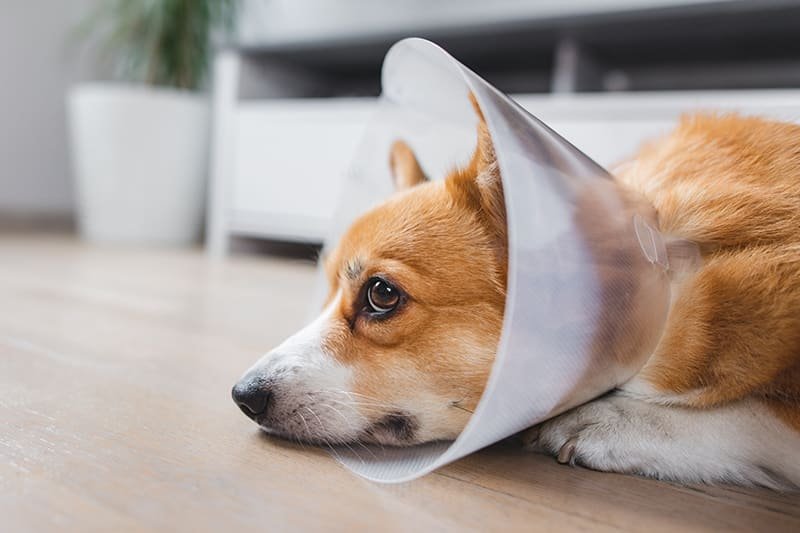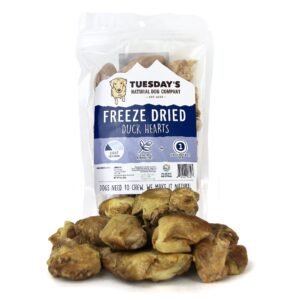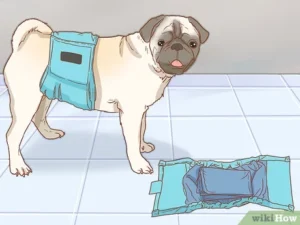After surgery, some dogs may experience coughing. This can be concerning for pet owners. So lets jump in deep: How to Help Dog Coughing After Surgery?
Understanding how to help your dog through this recovery phase is important. Dogs may cough for various reasons after surgery. They might have irritation from anesthesia or be adjusting to medication. Coughing can also signal other issues. It is essential to monitor your dog’s behavior and seek help when needed.
Providing comfort and care can make a big difference. Pet owners can take simple steps to support their furry friends during recovery. This guide will share effective methods to ease your dog’s coughing. Keep reading to learn how to ensure a smoother recovery for your beloved pet.
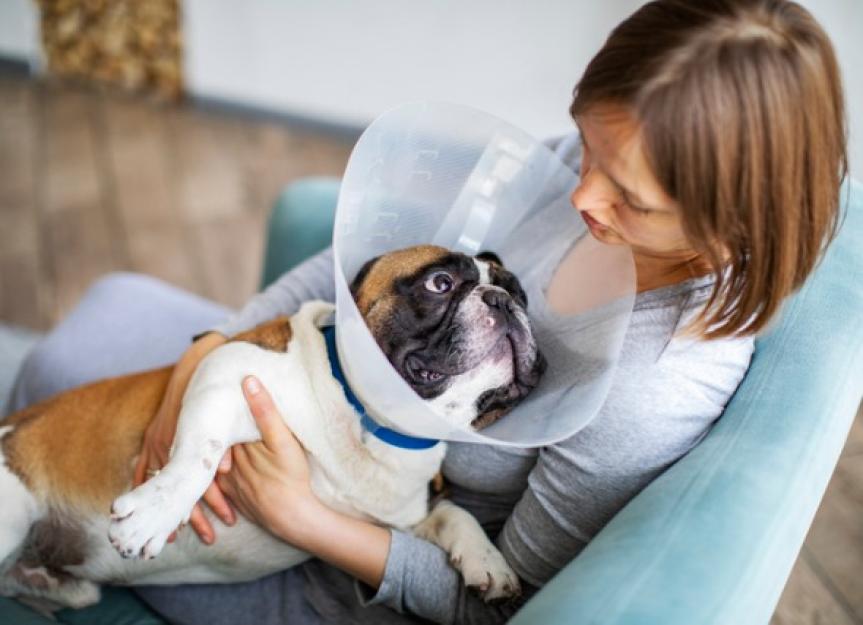
Credit: www.petmd.com
Table of Contents
Post-surgery Dog Cough: Causes And Concerns
After surgery, dogs can develop a cough. This can worry pet owners. Understanding the reasons for this cough is essential. Some causes are normal, while others may need attention.
Common Reasons For Coughing After Surgery
Several factors can lead to coughing in dogs post-surgery. Here are some common reasons:
- Intubation Irritation: During surgery, dogs may be intubated. This can irritate the throat.
- Fluid Buildup: Anesthesia can cause fluid to gather in the lungs.
- Allergic Reactions: Dogs may react to medications or materials used in surgery.
- Infection: Post-surgery infections can lead to coughing.
- Underlying Health Issues: Pre-existing conditions may worsen after surgery.
When To Contact The Vet
Monitoring your dog’s cough is important. Some signs require immediate vet attention:
- Cough lasts more than a few days.
- Coughing is severe or frequent.
- Your dog has trouble breathing.
- There is blood in the cough.
- Other symptoms appear, like fever or lethargy.
Always trust your instincts. If in doubt, contact your vet for advice.

Credit: www.nevccc.com
Initial Response To Your Dog’s Cough
Noticing your dog cough after surgery can be concerning. It’s important to respond quickly. Understanding the cough’s nature can help you take the right steps. Assess the severity first. Then, act accordingly. Here’s how you can help your furry friend.
Assessing The Cough’s Severity
Start by observing your dog’s cough. Is it dry or wet? Is it constant or occasional? These factors can indicate the seriousness of the issue.
Consider these questions:
- How long has the coughing lasted?
- Does your dog seem in pain?
- Is there any vomiting or gagging?
- Is your dog breathing normally?
Here’s a quick guide to assess the cough:
| Type of Cough | Severity | Action |
|---|---|---|
| Dry Cough | Low | Monitor closely |
| Wet Cough | Medium | Contact your vet |
| Choking Sound | High | Seek emergency help |
Immediate Actions To Take
Once you assess the cough, take these immediate actions:
- Stay calm. Your dog can sense your worry.
- Check for any visible signs of distress.
- Ensure your dog is comfortable and resting.
- Keep the environment quiet and stress-free.
Do not give any medications without your vet’s advice. Avoid home remedies unless approved. These steps can help your dog feel better.
Creating A Comforting Environment
After surgery, your dog needs a safe and cozy space. A comfortable environment helps with recovery. It can ease coughing and reduce stress. Here are some tips to create that perfect space.
Adjusting Your Home For Recovery
Start by making simple changes in your home. Focus on your dog’s needs.
- Choose a quiet area: Find a spot away from noise.
- Set up a soft bed: Use a clean, comfortable dog bed.
- Limit access to stairs: Prevent jumping or running.
- Keep essentials nearby: Place food, water, and toys close.
Consider using a crate. It gives your dog a safe space. Make sure it is cozy with a blanket. Avoid placing it near loud appliances.
Maintaining Calm And Quiet
A calm environment aids recovery. Dogs feel secure in peace. Here are ways to keep things quiet:
- Reduce loud noises. Turn off the TV or music.
- Limit visitors. Too many people can stress your dog.
- Use soft lighting. Avoid bright lights that may disturb.
- Keep your dog’s favorite toys nearby. Familiar items can be soothing.
Consider using a white noise machine. It can mask sudden sounds. This helps your dog relax more.
By creating a comfortable environment, you support your dog’s healing journey. Focus on peace and comfort. Your dog will thank you.
Medications And Treatments
After surgery, a dog may cough for many reasons. Medications and treatments can help. Proper care is essential for recovery. Understanding the right options is crucial.
Pain Management Options
Pain can cause coughing in dogs. Managing pain helps them heal. Here are common pain management options:
- Non-steroidal anti-inflammatory drugs (NSAIDs): Reduce pain and inflammation.
- Opioids: Stronger pain relief for severe pain.
- Gabapentin: Helps manage nerve pain.
- Cold or heat therapy: Can soothe sore areas.
Always consult your vet before giving any medication. Dosage and type depend on the dog’s needs.
Cough Suppressants: Pros And Cons
Cough suppressants can reduce coughing. They help the dog rest and heal. Here are the pros and cons:
| Pros | Cons |
|---|---|
| Reduces coughing fits. | May mask serious problems. |
| Helps with recovery. | Side effects may occur. |
| Improves comfort. | Requires vet prescription. |
Consult your vet before using cough suppressants. They can recommend the best treatment based on your dog’s needs. Monitor your dog closely after medication.
Natural Remedies And Soothing Techniques
After surgery, a dog’s cough can be concerning. Natural remedies and soothing techniques can help relieve discomfort. These methods can be gentle and effective. They may support healing and promote comfort.
Herbal Supplements
Herbal supplements can support your dog’s recovery. Some herbs have soothing properties. Here are a few options:
| Herb | Benefits |
|---|---|
| Thyme | Helps clear mucus and supports respiratory health. |
| Chamomile | Calms coughing and soothes the throat. |
| Licorice Root | Soothes irritation and reduces inflammation. |
Always consult your vet before using herbal supplements. They can recommend the right dosage. Some herbs might not be safe for all dogs.
Gentle Massaging For Relief
Gentle massage can help ease a dog’s cough. It promotes relaxation and improves circulation. Here are some techniques to try:
- Neck and Throat Massage: Use your fingers to gently stroke the neck. Focus on the throat area. This can relieve tension.
- Chest Massage: Rub the chest in circular motions. This can help loosen mucus.
- Calming Touch: Lightly pet your dog in a soothing manner. This builds comfort and trust.
Keep the sessions short and gentle. Monitor your dog’s response. Stop if they seem uncomfortable or distressed.
Nutrition And Hydration
After surgery, your dog’s nutrition and hydration are very important. Proper food and water help with healing. Good nutrition boosts the immune system. Keeping your dog hydrated helps prevent complications. Let’s explore how to choose the right diet and keep your dog hydrated during recovery.
Choosing The Right Diet During Recovery
Selecting the right food can aid recovery. Here are some tips:
- Soft Food: Choose wet or soft food. It is easier to chew and digest.
- High-Quality Protein: Include lean meats or fish. Protein supports tissue repair.
- Digestive Health: Add probiotics. They help with digestion and gut health.
- Vitamins and Minerals: Ensure food has essential nutrients. Look for a balanced diet.
Consult your vet for specific food recommendations. They can suggest the best diet based on your dog’s needs.
Keeping Your Dog Hydrated
Hydration is key to recovery. Here are some ways to ensure your dog drinks enough water:
- Fresh Water: Always provide clean, fresh water. Change it daily.
- Water Bowl: Use a shallow bowl. It’s easier for your dog to drink.
- Encourage Drinking: Encourage your dog to drink. Offer water after meals.
- Water Flavor: Add low-sodium broth to water. This can make it more appealing.
Monitor your dog’s water intake. Dehydration can slow down healing.
Monitoring And Adjusting Your Dog’s Activity
After surgery, monitoring your dog’s activity is crucial. It helps prevent complications. Adjusting their activity level aids in a smoother recovery. This section covers safe exercises and limiting strenuous movements.
Safe Exercises For Recovery
Choose gentle exercises to keep your dog active. Here are some safe options:
- Short walks: Start with 5-10 minute walks.
- Slow-paced play: Engage with soft toys.
- Gentle stretching: Encourage light stretching to maintain flexibility.
These activities help keep your dog healthy without overexerting them. Avoid anything too vigorous.
Limiting Strenuous Movements
Prevent your dog from jumping or running. Strenuous movements can lead to setbacks. Here are some tips:
- Use a leash during walks.
- Avoid stairs unless necessary.
- Provide a calm space for resting.
Ensure your dog has a quiet area to relax. Limit their interactions with other pets. This reduces excitement and prevents injury.
| Activity | Allowed | Not Allowed |
|---|---|---|
| Walking | Short walks on a leash | Long walks or runs |
| Playtime | Soft toys | Rough play or tug-of-war |
| Resting | Quiet time in a cozy spot | Jumping or climbing |
Following these guidelines helps your dog recover safely. Monitor their activity closely. Adjust as needed based on their comfort level.
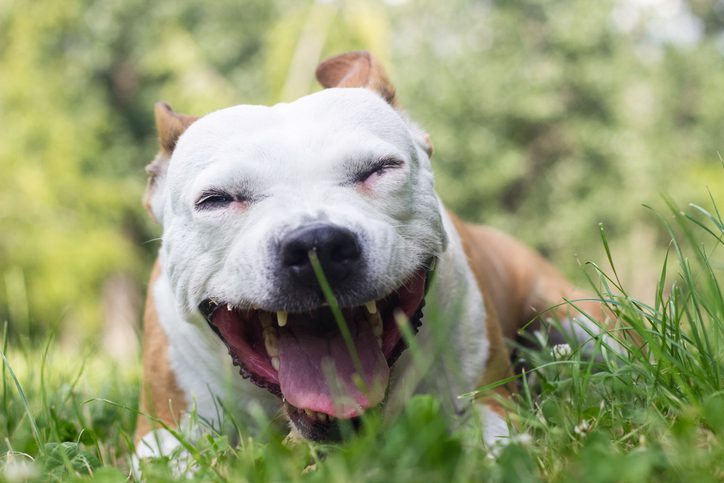
Credit: allkindsvet.com
Follow-up Care And Prevention
After your dog has surgery, proper follow-up care is essential. This helps in recovery and prevents issues like coughing. Regular vet visits and long-term health measures can make a big difference. Here’s how to ensure your dog stays healthy after surgery.
Scheduling Regular Vet Visits
Regular veterinary check-ups are vital. They help monitor your dog’s recovery. Here are some key points to consider:
- Schedule visits as your vet recommends.
- Monitor your dog for any changes in behavior.
- Report any coughing or breathing issues immediately.
- Keep a record of medications and dosages.
During each visit, the vet will:
- Check the surgical site for healing.
- Listen to your dog’s lungs and heart.
- Adjust medications if needed.
Long-term Health Measures
Maintaining your dog’s health is important after surgery. Here are some effective long-term measures:
| Measure | Description |
|---|---|
| Balanced Diet | Provide high-quality food for recovery. |
| Regular Exercise | Encourage gentle activity to improve lung function. |
| Weight Management | Keep your dog at a healthy weight to avoid stress. |
| Hydration | Ensure your dog drinks enough water daily. |
These measures help build a strong immune system. A healthy dog is less likely to have complications.
Be alert for signs of trouble. Coughing can mean something is wrong. Act quickly to protect your dog’s health.
Frequently Asked Questions
How Can I Soothe My Dog’s Cough After Surgery?
To soothe your dog’s cough after surgery, ensure they are comfortable and resting. Offer plenty of fresh water and consider using a humidifier in their space. Consult your veterinarian about safe cough suppressants or natural remedies. Regular check-ins with your vet are crucial for recovery.
Is Coughing Normal After Dog Surgery?
Coughing can be normal after surgery, especially if anesthesia was used. It may indicate irritation in the throat or lungs. However, persistent or severe coughing should be evaluated by your vet. Monitoring your dog’s behavior and recovery closely is essential for their well-being.
When Should I Worry About My Dog’s Cough?
You should worry if your dog’s cough is persistent or worsening. Look for signs like difficulty breathing, lethargy, or a change in appetite. If your dog has a high fever or unusual discharge, contact your veterinarian immediately. Prompt attention can prevent complications.
What Can Cause Coughing In Dogs Post-surgery?
Coughing in dogs post-surgery can arise from several factors. Anesthesia can irritate the throat, leading to temporary coughing. Additionally, pain medication or stress can contribute. Infections or complications from the procedure may also be causes. Always consult your vet for a proper diagnosis.
Conclusion
Helping your dog cough after surgery requires care and patience. Monitor their breathing closely. Provide a calm environment for recovery. Offer plenty of fresh water. Follow your vet’s advice on medication. Gentle walks can help, but avoid heavy exercise. Always check in with your vet if coughing worsens.
Your love and support make a big difference. A smooth recovery leads to happy, healthy days ahead. Take it step by step, and your furry friend will feel better soon.
